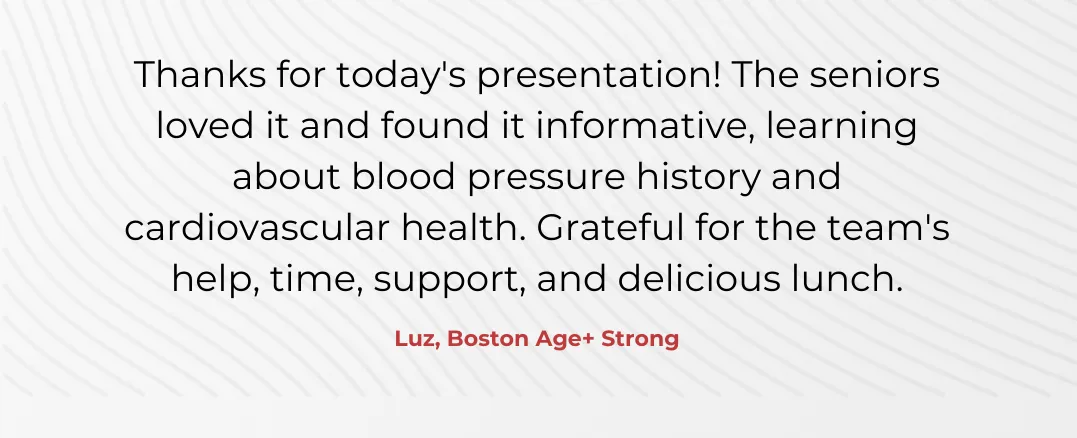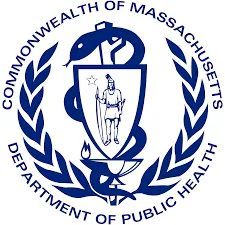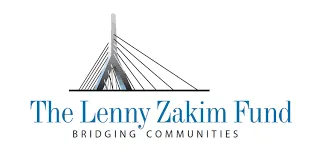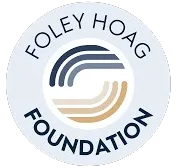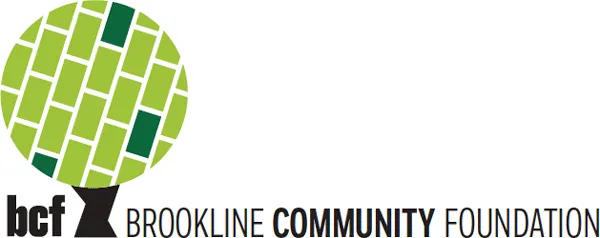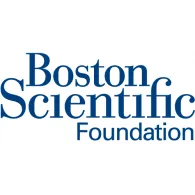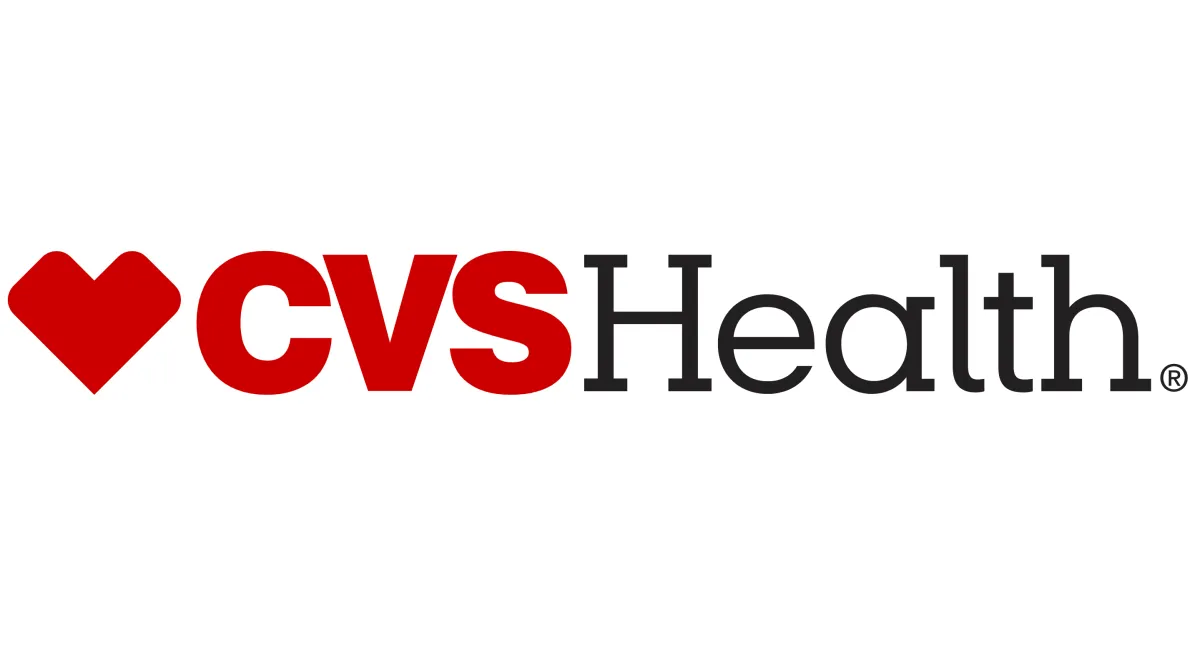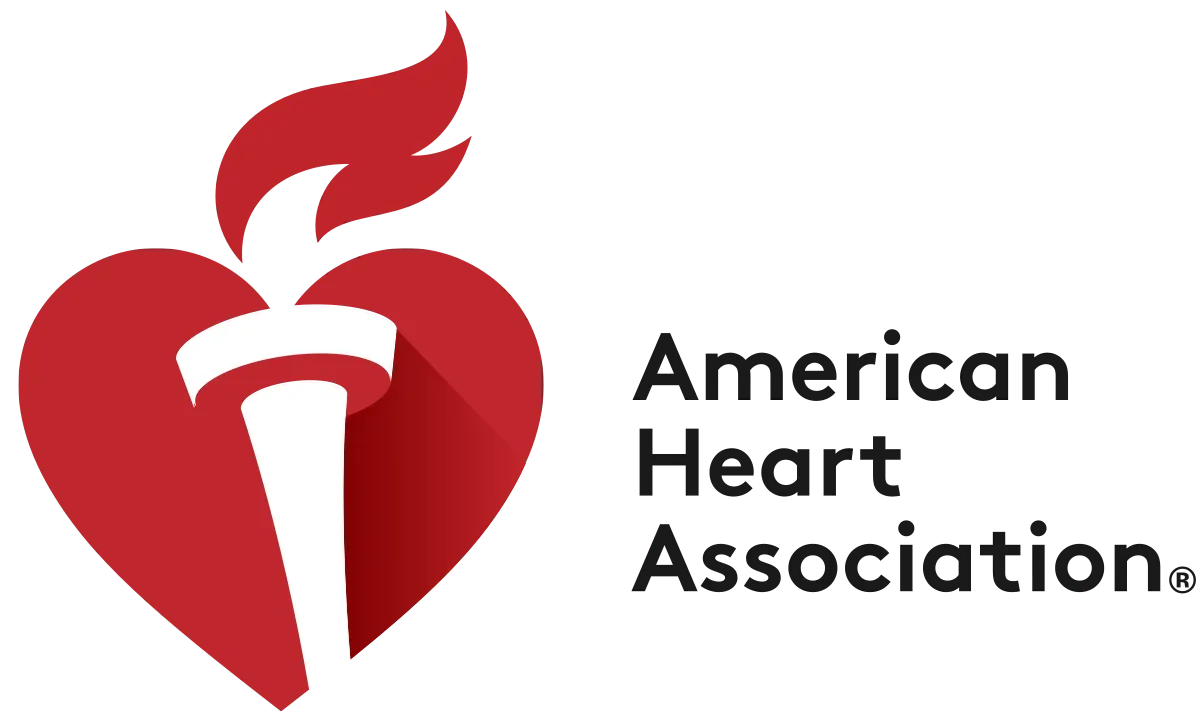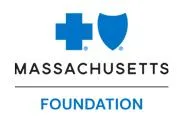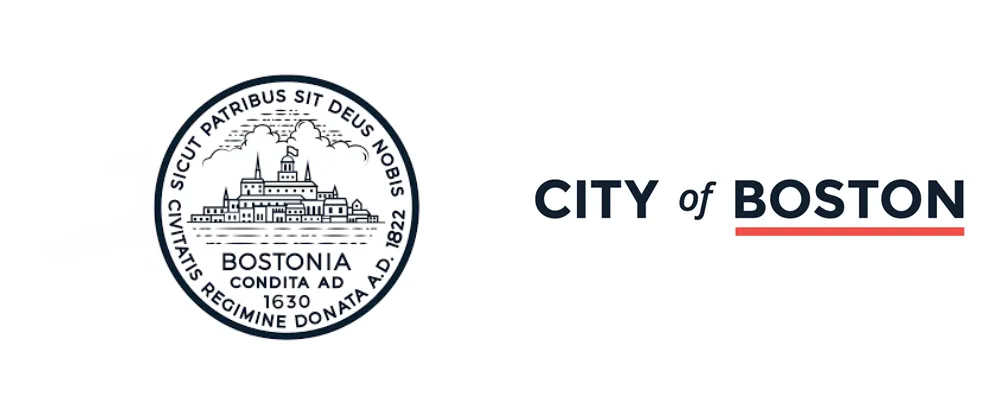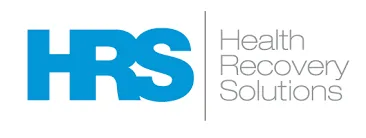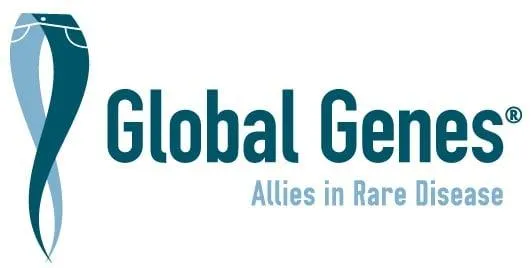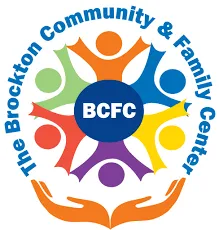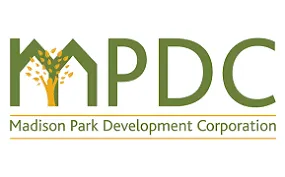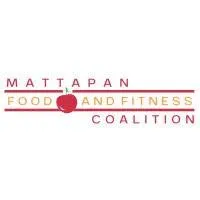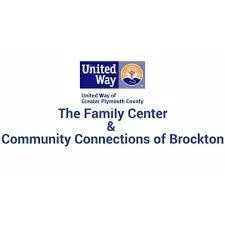Projects & Programs
Heart of a Giant Foundation
HGF
Projects & Programs
HGF improves early detection, diagnosis, and support for cardiac risk factors in high-risk populations. We promote healthy living, prevent chronic diseases, and improve health outcomes using innovative approaches. All programs are HIPAA compliant and aim to support the whole patient journey.
Project Health Joe: Awareness Raising and Advocacy
Program Nicole & Neal: Screening and Education
Living with Heart Disease Podcast
Program Jolie: Hypertension Prevention and Management for Expectant Black Mothers in Boston, MA

Join us in making a difference for a healthier future.
Project Health Joe: Awareness Raising and Advocacy
Project Joe by HGF raises awareness and advocates for patients and caregivers. Our goal is to promote a culture of care that leads to better health outcomes through education and information about heart diseases.
We amplify the voices of patients, caregivers, health practitioners, and advocacy leaders to educate our audience on living with a heart condition and enjoying a longer, healthier life.
We use various communication methods, such as blogging, podcasting, public speaking, organizing meetings, and using the web and social media platforms. We convey our messages through our website and blogs, Instagram pages, Facebook page, private community group, YouTube channel, Eventbrite, and Living with Heart Disease podcast, available on iTunes, Google, Spotify, and other platforms.
Expected Outcomes:
Raise awareness about heart diseases and related conditions.
Build a supportive community for patients, caregivers, providers, and policymakers.
Motivate people to make positive lifestyle changes.
Destigmatize high blood pressure and other chronic conditions.
Educate people about warning signs and risk factors.
Join us in raising awareness for heart diseases and promoting a culture of care.
Program Nicole & Neal: Screening and Education
Program Nicole & Neal promotes healthy living to prevent heart disease, especially among Black populations. HGF offers free hypertension screening and education in Boston neighborhoods. Our health coaches provide one-on-one support and conduct screenings at community events.
In 2023, we accomplished the following:
Engaged in 425 interactions with participants over 11 months;
Hosted 38 screening and education events, two webinars, and six workshops
Six Boston neighborhoods: Brockton, Dorchester, East Boston, Jamaica Plain, Mattapan, and Roxbury;
Conducted 355 screenings and one-on-one educational sessions.
Blood Pressure Screening and Education
At HGF, we conduct blood pressure screenings, education classes, and workshops to raise community awareness. Our local nurses and health workers offer assistance, education, and guidance. We conduct screenings and educational activities at community events to improve high blood pressure management, train participants on monitoring blood pressure at home, and offer practical tips for healthy living.
Cholesterol Awareness and Education Campaign
92 million US adults have high LDL cholesterol levels, which can lead to fatal heart diseases. HGF is partnering with the National Cholesterol Education Initiative in 2024 to increase awareness through our Cholesterol Education Campaign. We will focus on high-risk factors like diets high in saturated and trans fats, physical inactivity, excess weight, and certain health conditions.
Lipoprotein (a) Awareness and Screening Campaign
Lp(a) is a genetic risk factor for heart disease that is often overlooked. Early detection and proactive management of Lp(a) levels can significantly enhance heart health outcomes. Our program promotes heart health through coaching, screenings, and training.
Expected Outcomes
Early identification and treatment of high blood pressure.
Increased understanding of signs and symptoms and when to contact a healthcare provider.
More people can self-monitor their blood pressure.
Empowered participants are taking control of their heart health.
Peer-to-peer communication and community engagement.
Movement building and active community engagement.
Program Delivery Planning
We host program events with partners monthly, bi-monthly, or weekly. Our website and social media pages have weekly updates, and we focus on a monthly health topic to raise awareness. We collaborate with various organizations, including the American Heart Association (AHA), the Massachusetts Department of Public Health (DPH), faith-based organizations, and community development centers.
In 2024, our goals are to achieve the following:
We host program events with partners monthly, bi-monthly, or weekly. Our website and social media pages have weekly updates, and we focus on a monthly health topic to raise awareness. We collaborate with various organizations, including the American Heart Association (AHA), the Massachusetts Department of Public Health (DPH), faith-based organizations, and community development centers.
Our main priority remains to tackle high blood pressure and its related issues. To achieve this:
We aim to deliver over 60 screening and education events across 10+ locations, engaging with more than 600 adults.
We also plan to provide monthly blog posts on heart health and 12 'Living with Heart Disease' podcasts.
Additionally, host workshops focusing on various aspects of heart disease, such as hypertension, cholesterol and Lp(a), diabetes, healthy living, aging, and more.
Living with Heart Disease Podcast
"Hardships don't steal your voice, and setbacks don't stunt your growth; hence, a diagnosis will undoubtedly not silence you."
Our Living with Heart Disease platform shares inspiring stories from patients, families, caregivers, health professionals, and policy advocates. We break down stigmas associated with cardiovascular conditions and provide expert guidance on navigating healthcare systems. We're dedicated to inspiring and empowering our listeners to live longer, healthier lives after a heart disease diagnosis.
Join us on the Living with Heart Disease podcast hosted by Bouba Heart of a Giant and his team.
Program Jolie: Hypertension Prevention and Management for Expectant Black Mothers in Boston, MA
In 2023, HGF conducted the Healthy Hearts Communities Pilot Program to prevent and manage high blood pressure, and 78% moved into a lower blood pressure category. We launched Program Jolie in Boston in 2024 to fill gaps in care for Black maternal health. Program Jolie offers perinatal care to help expectant Black mothers achieve better pregnancy experiences and health outcomes, all at no cost.
Program Description:
Program Jolie supports the care of women from their 20th week of pregnancy up to 3 months postpartum. It collaborates with organizations to improve Black maternal health, heart health, and health equity.
Our Health Coaches deliver the program, supporting patients between doctor visits. The coaches are registered nurses, dietitians, social workers, and others with significant expertise. The program facilitates infant feeding support and mental health screenings with social workers and therapists.
The health coaches work one-on-one with participants to improve medication adherence, set realistic goals, and facilitate therapy and counseling. Expectant Black mothers can use advanced RPM technology with personal health coaching and receive a free personalized plan. The program targets pregnant adult (18+) women with no income eligibility requirement.
Goals and Expected Outcomes:
We build trust with hard-to-reach individuals and partner with care management programs to address healthcare gaps for better patient engagement and adherence.
Metrics and Expected Outcomes:
Enrollment > 30%
1.5M live interactions
25% increase in medication adherence
A1c reduction of 1.5 points
80% of participants move to the lower BP category
20% reduction in unhealthy days
90% participant satisfaction
For Participants:
HGF supports pregnant individuals with tools, knowledge, and coaching to improve their health and wellbeing.
Personalized education and support for chronic conditions such as cardiovascular disease, kidney disease, or diabetes.
Understand health risks, manage medication, and establish a routine.
Track vital signs and symptoms through Remote Patient Monitoring (RPM) to detect changes early.
Safe physical activity and nutrition guidelines.
Develop self-advocacy and caregiver advocacy capacity.
Improve patient-physician relationships during prenatal, birth, and postpartum visits.
For Providers:
Program Jolie enhances the birthing experience with personalized support, improving care and fostering compliance.
Improve clinical outcomes, improve quality scores, and gain unique population insights.
Improve compliance and enhance treatment adherence. Strengthen doctor-patient relationships.
Track Remote Patient Monitoring (RPM), data, and analytics.
Weight management through healthy eating and nutrition.
Enhance health literacy, encourage an active lifestyle, stress management, and healthy sleep habits to drive lifestyle and behavior change.
Methods of Delivery (Key Activities)
Our health coaches provide support from the 20th week of pregnancy to 3 months after childbirth. They collaborate with healthcare professionals to ensure comprehensive care for the mother and baby while promoting a positive birthing experience. Although they don't provide medical care, they offer personalized support to enhance the overall experience.
The program offers free-of-charge health coaching services that include personalized heart health risk-factor evaluation and education and coaching for preventing and managing health conditions.
The coaches provide remote patient monitoring, tailored feedback, nutrition, exercise, and medication adherence guidance.
Additionally, the program offers support for prenatal care, childbirth education, medication management, healthy lifestyle habits, and community resources.
Benefits and Data Analytics:
We aim to identify best practices for screening and referring participants and address social and material needs.
Our Program Team collects and monitors data with providers and partners based on hypotheses.
The research manager leads data and analytics, working with health coaches and community-based providers—the program partners with an external evaluator. The IRB ensures ethical conduct.
Results will help HGF further develop the program and improve health outcomes for expectant Black mothers.
News and Insights
Disclaimer:
The information shared on this page is not intended to replace professional medical advice. Always consult with a healthcare provider for any medical issues.

UNDERSTANDING THE LINK BETWEEN STRESS AND HEART HEALTH
Stress is an undeniable part of modern life, and its impact on our overall health, including heart health, is significant. Stress can influence cardiovascular well-being, and understanding its connection to heart health is crucial. Let’s explore the scientific mechanisms involved and provide practical tips for managing and reducing stress.
The Cortisol-Adrenaline System
When we experience stress, our body activates a mechanism called the “fight-or-flight” response. This response is meant to help us deal with challenging or dangerous situations. The main players in this system are two hormones – cortisol and adrenaline.
Cortisol is often called the “stress hormone.” Cortisol helps the body respond to stress by increasing our energy levels and sharpening our focus. It also helps regulate our blood pressure and inflammation levels. When we feel stressed, the brain sends a signal to the adrenal glands, instructing them to release cortisol into our bloodstream.
Adrenaline (aka epinephrine), is another hormone that is produced in the adrenal glands and released during stressful situations. Adrenaline helps prepare our body for immediate action. It increases the heart rate, pumps more blood to our muscles, and helps us stay alert and ready to face the stressor.


Photo by David Garrison
The Stress-Heart Health Connection
When it comes to heart health, the activation of the cortisol-adrenaline system can have both positive and negative effects. In the short term, during a stressful event, the increased levels of adrenaline and cortisol help us to respond effectively. But if we experience chronic or long-term stress, the constant activation of the cortisol-adrenaline system can have negative effects on our heart health.
High levels of cortisol and adrenaline in the bloodstream over a prolonged period can increase our blood pressure and heart rate, which can strain our heart. This can also lead to inflammation in the blood vessels, making them less flexible and more prone to damage.
Over time, these changes can contribute to the development of heart problems, such as high blood pressure, heart disease, and an increased risk of heart attacks. That’s why it’s important to manage stress effectively to minimize the long-term impact on our heart health.
Another way that stress can be damaging relates to how we choose to cope with it. Unhealthy coping behaviors often associated with stress – like smoking, excessive alcohol consumption, poor dietary choices and a sedentary lifestyle – can further contribute to heart-related issues.
So what is to be done? Fortunately there are healthy ways that we can manage and reduce stress, and protect our health in the process. The first step is to assess your stress levels. Let’s look at how.


Photo by Ivan Samkov
Ways to assess your stress levels
Here are some ways you can assess your stress levels and begin identifying what’s at the root:
1. Self-Reflection
Take some time to reflect on your thoughts, emotions, and physical sensations. Take note of any signs of stress, such as feeling overwhelmed, irritable, or anxious. Also pay attention to physical symptoms that may arise due to stress, such as headaches, fatigue, sleep disturbances, digestive problems, or changes in appetite. These can be signs that your stress levels are elevated. Journaling is a useful exercise to assist with this process. Don’t overthink it, just set aside time and make notes about physical and emotional sensations you’re experiencing. Over a few days and weeks you may start to recognize patterns and recurring themes.
2. Stress Inventory
Create a stress inventory by listing the various aspects of your life, such as work, relationships, finances, and health. Rate the level of stress you experience in each area on a scale of 1 to 10. This exercise can help you identify the specific sources of stress in your life.
3. Stress Assessment Tools
Make use of stress assessment tools or questionnaires available online or through mental health professionals. These tools often use standardized questions to measure your stress levels and provide an indication of your overall stress level.
4. Sleep Quality
Assess the quality of your sleep. If you’re experiencing difficulty falling asleep, staying asleep, or waking up feeling unrested, it may be a sign that stress is affecting your sleep patterns.
5. Social Support
Evaluate the quality and strength of your social support network. A lack of supportive relationships or feeling socially isolated can contribute to increased stress levels.
6. Productivity and Concentration
Monitor your ability to concentrate and be productive. If you find it increasingly difficult to focus on tasks or experience a decline in productivity, it could be a result of elevated stress levels.


Photo by Steven Arenas
Remember that stress levels can fluctuate, and everyone experiences and manages stress differently. If you find that your stress levels are consistently high or affecting your daily life and well-being, it’s important to seek support from a healthcare professional or mental health provider. They can help you develop effective strategies to manage and reduce stress.
Testimonials
The Heart of a Giant Foundation, Inc. is a 501(c)(3) nonprofit organization, EIN 84-2900386. Donations are tax-deductible.


